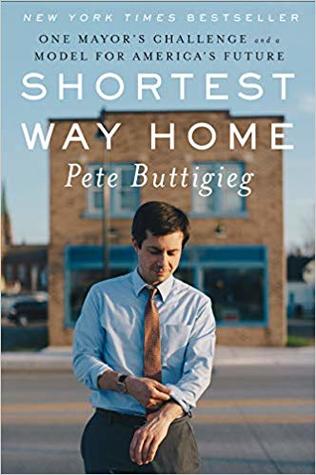More on this book
Community
Kindle Notes & Highlights
Read between
December 31, 2020 - January 8, 2021
IT WAS YEARS BEFORE I would get formal training in counterterrorism as a military officer, but it seemed clear even then as a history student that the new national approach on terrorism was likely to be self-defeating. The top priority of the terrorist—even more important than killing you—is to make himself your top priority. This is why protecting ourselves from terrorist violence is not enough to defeat terrorism, especially if we try to achieve safety in ways that elevate the importance of terrorists and wind up publicizing their causes. We all want to avoid being harmed—but if the cost of
...more
Good policy, like good literature, takes personal lived experience as its starting point. At its best, the practice of politics is about taking steps that support people in daily life—or tearing down obstacles that get in their way. Much of the confusion and complication of ideological battles might be washed away if we held our focus on the lives that will be made better, or worse, by political decisions, rather than on the theoretical elegance of the policies or the character of the politicians themselves.
the saying I heard once during a delegation to Scandinavia: there is no such thing as bad weather, only bad clothing.
Tip O’Neill’s dictum was right: all politics is local. Especially national politics.
Yet national Democrats seemed increasingly to write off red states—or red areas within blue and purple states—completely. The result was that many parts of our country had heard so little from Democrats and progressives that anyone living there who sympathized with our party might assume they were totally alone. If that loneliness prompted them to keep quiet about their values at coffee after church or on the local radio call-in shows, then the sense of a Republican monopoly on opinion in these communities would become self-fulfilling.
It had been on my mind ever since allowing myself to call President Trump a “draft-dodging chickenhawk” during one of the DNC forums. While true, that statement was not in keeping with how I publicly speak about political figures, or anyone else, and afterward I reflected that this president was inspiring a loss of decency not just in his supporters, but also in those of us who opposed him. It was another way of looking at the moral stakes of politics as it filters through to millions of lives: that we might all be growing into harder and perhaps worse people, as a consequence of political
...more
Progress could begin only once the loss had been fully metabolized. Nothing is more human than to resist loss, which is why cynical politicians can get pretty far by offering up the fantasy that a loss can be reversed rather than overcome the hard way. This is the deepest lie of our recent national politics, the core falsehood encoded in “Make America Great Again.” Beneath the impossible promises—that coal alone will fuel our future, that a big wall can be built around our status quo, that climate change isn’t even real—is the deeper fantasy that time itself can be reversed, all losses
...more
WE DON’T ACTUALLY WANT TO GO BACK. We just think we do, sometimes, when we feel more alert to losses than to gains. A sense of loss inclines us, in vulnerable moments, to view the future with an expectation of harm. But when this happens, we miss the power of a well-envisioned future to inspire us toward greatness.
There is nothing necessarily wrong with greatness, as an aspiration, a theme, or even as the basis of a political program. The problem, politically, is that we keep looking for greatness in all the wrong places. We think we can find it in the past, dredged up for some impossible “again,” when in reality it is available only to those who fix their vision on the future. Or we think it is to be found in some grand national or international adventure, when the most meaningful expressions of American greatness are found in the richness of everyday life.


